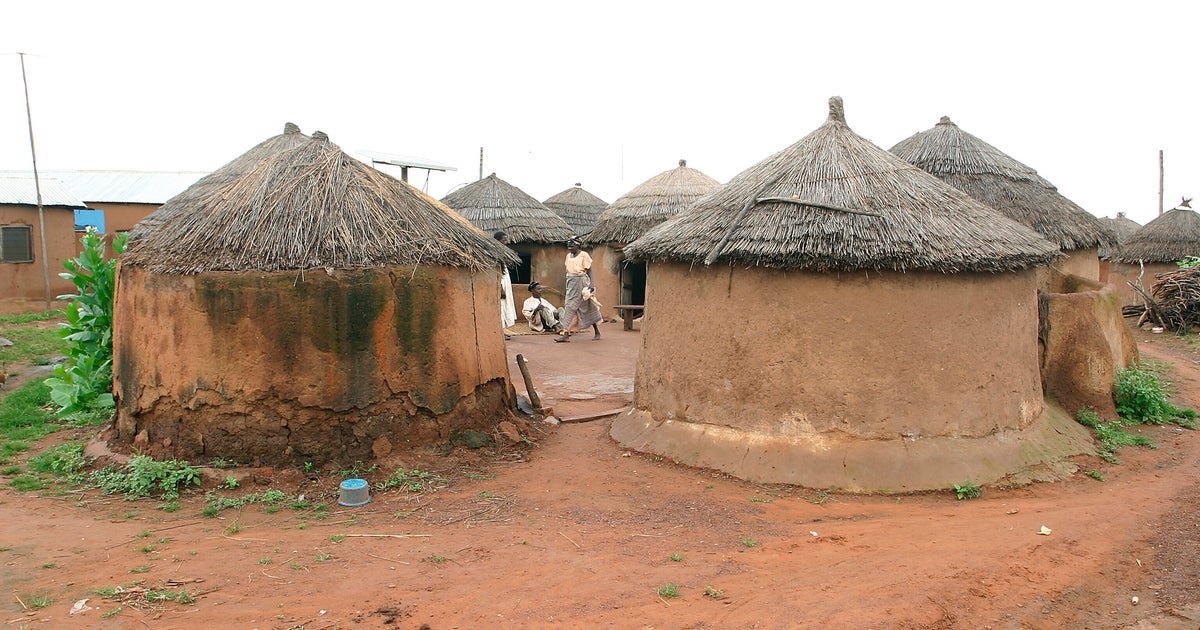Hundreds of people suspected of witchcraft in Ghana, especially older women, face rampant human rights abuses including murder, Amnesty International said Monday, asking the government to criminalize accusations and ritual attacks.
In 2023, the Ghanaian parliament passed a bill making it a criminal offense to declare, accuse, name, or label someone as a witch but the bill is yet to be signed into law.
“The accusations, which can lead to threats, physical attacks or even death, usually start within the family or among community members following a tragic event such as an illness or a death,” Amnesty said.
“Older women living in poverty, with health conditions or disabilities are at greater risk, as well as women who do not conform to stereotypical gender roles. In some cases, accusers even base their claims on having had a bad dream about a person,” it added.
The majority of victims are “marginalized individuals, particularly older women,” in areas in country’s northern and northeastern regions, the report said.
Belief in witchcraft remains common in many rural communities along the west African coast, including Ghana, and elsewhere in the continent. Earlier this year, two men in Zambia were charged with practicing witchcraft and possessing charms intended to harm the country’s president.
People accused of witchcraft are usually banished from their home areas and in Ghana they seek refuge in camps run by traditional priests “where they remain until they die or a family member or another community accepts them,” the rights monitor said.
Amnesty said Ghana had not done enough to protect victims, stressing the need for a sensitization campaign in vulnerable areas.
It also said the government had failed to “ensure access to adequate food, safe housing and clean water” for people living in these camps.
“The authorities should pass legislation specifically criminalizing witchcraft accusations and ritual attacks, including protective measures for potential victims,” said Genevieve Partington, Amnesty’s country director in Ghana.
Partington is also a member of the Coalition Against Witchcraft Accusations, an association set up following the lynching of a 90-year-old woman in July 2020 in northern Ghana.
Similar attacks occur in other parts of Africa.
Eight women blamed for the death of two ailing boys in Guinea Bissau last year were forced to drink poison and died.
Also last year, two women in their sixties were publicly stoned and their bodies burnt in the Democratic Republic of Congo for allegedly causing the deaths of several people.
This is a reflection of how “we treat elderly people,” Leo Igwe, founder of Nigeria-based non-profit Advocacy for Alleged Witches, told AFP.
Samadu Sayibu of Ghana’s rights group Songtaba, said it also “highlighted issues such as gender and poverty.”
Belief in witchcraft is also common in some rural communities in Angola despite strong opposition from the church in the predominantly Catholic former Portuguese colony. Last year, police said about 50 people died in Angola after being forced to drink an herbal potion to prove they were not sorcerers.
During a 2009 trip to Angola, Pope Benedict urged Catholics to shun witchcraft and sorcery.



